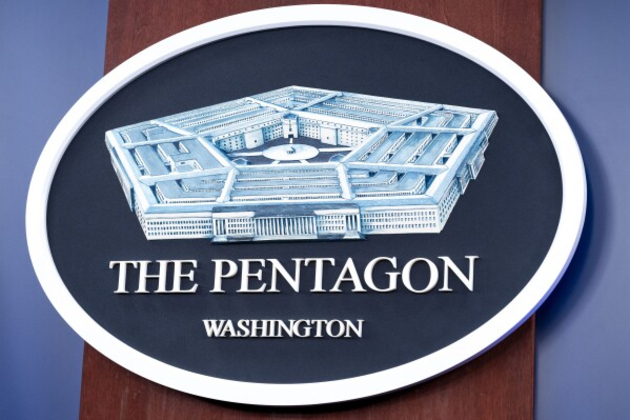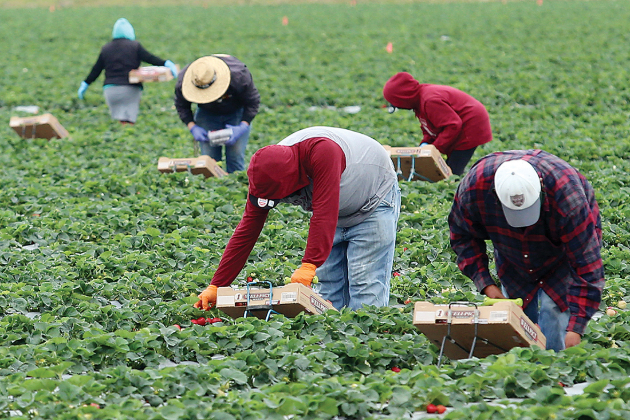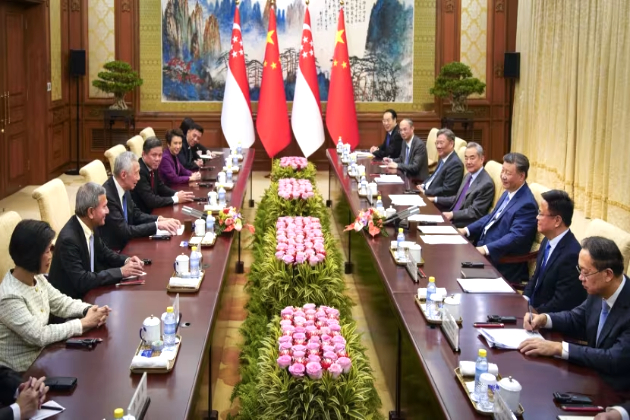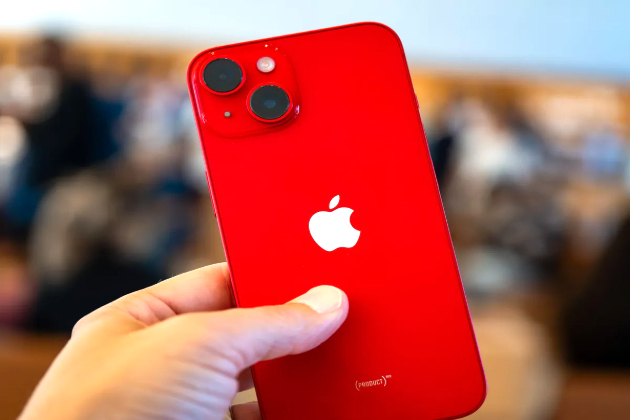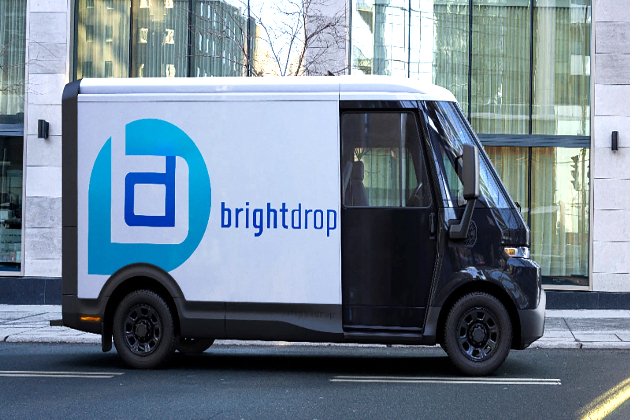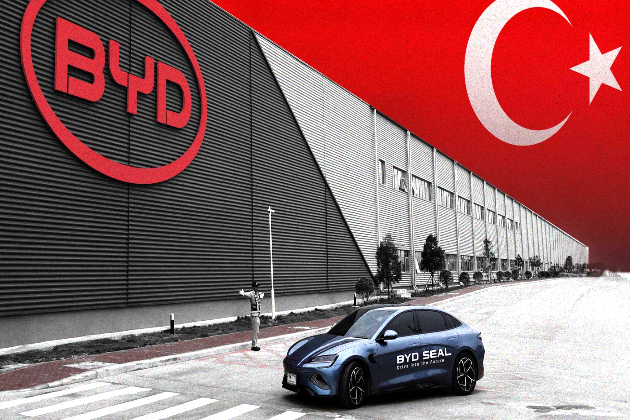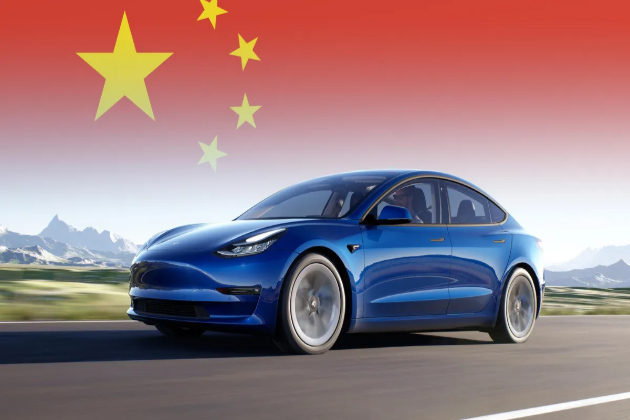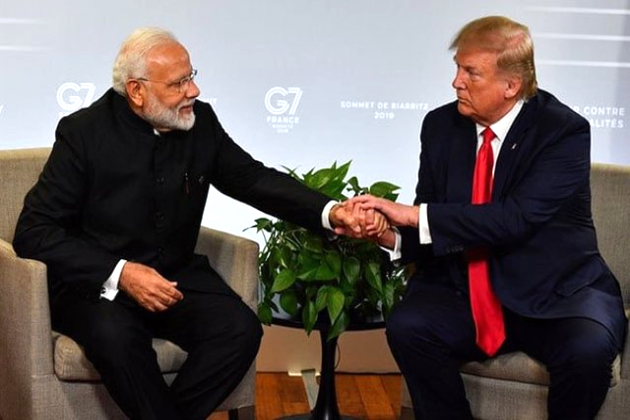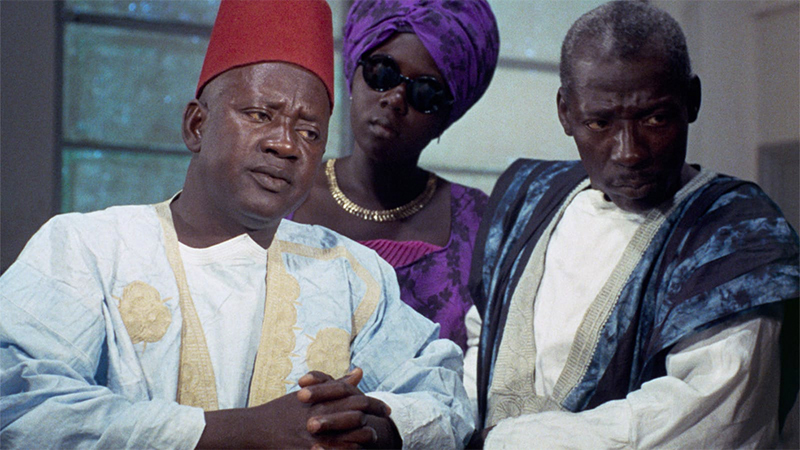South Africans don't donate enough blood - technology can help drive the numbers
The Conversation
15 Apr 2025, 14:04 GMT+10

The shortage of blood for medical use is a global challenge. South Africa is not exempt. Blood collection organisations such as the South African National Blood Service struggle to meet the demand for blood products, because of insufficient blood donations and the scarcity of loyal blood donors.
Blood collection organisations rely on the goodwill of a few individuals who voluntarily donate blood. To maintain a sustainable supply of blood, the World Health Organization (WHO) has recommended that at least 1% of a country's population donate blood. In South Africa the donation rate is below this.
There are two blood collection organisations in South Africa - the Western Cape Blood Service operates exclusively in the Western Cape province while the South African National Blood Service, operates in the other eight provinces of the country.
To increase the numbers, the country's blood donation organisations have focused on the recruitment of new donors and awareness initiatives, using research findings that look at what motivates, and what deters, people from donating blood. But little focus has been put on the behaviour of those who already donate.
Read more: Blood donation saves lives but few South Africans are regular donors
I have conducted research in a bid to fill this gap. In a recent paper I examined factors influencing consumers' intention to donate blood. In addition, in my recently completed PhD, I looked at the retention of existing blood donors and what drives their donation behaviour.
The research suggests that blood collection organisations need to shift focus from acquiring new blood donors to building relationships with existing blood donors. Existing donors are an important cohort because they are reliable, and have higher donation eligibility and lower recruitment costs.
The aim should be to drive loyalty.
I considered the use of technology to encourage people to donate blood regularly. I concluded from my findings that blood collection organisations should customise appeals to various types of donors. They need to appeal to people in a personalised way if they want to drive loyalty.
To understand what drives donor loyalty, it was important to understand why people donate blood.
As part of my research, 658 blood donors completed the survey and I conducted interviews with 18 blood donors. The interviews revealed various reasons for donating blood. These included:
As one participant in my research put it:
I've been in and out of hospital for my kids and for my wife when she was pregnant. If I don't donate, where are they going to get that blood from?
This was articulated by one person:
I'm past the point of only going for a reward, but I actually want to go, because I want to save someone's life and do good in the community.
As one participant put it:
When I don't donate blood, I feel bad because, as a universal donor, I could potentially be saving lives as my blood is not limited, as opposed to other groups.
Health-related benefits, like free health checks and the requirement to live a healthy lifestyle
Incentives
The gifts make me feel appreciated. It makes me want to donate more and more.
Beyond just donating blood, some donors also expressed that they shared their blood donation experiences with their friends, family, co-workers and on their social media platforms to encourage others to donate.
Findings from my PhD show that donors would like personalised communication from the blood collection organisations. This should include:
sharing information about blood donation achievements specific to them (the donor)
checking up on the donors who are not donating as they used to or may have stopped donating
following up on deferred donors to encourage them to return for a checkup and subsequent donation. Deferred donors are those who were unable to donate during a donation drive because they didn't meet the donation requirements (for example they had low iron levels).
reminding donors of their upcoming donations.
Others shared that they would like more interactive communication beyond being told that they have saved three lives after donating blood. This could include sharing specific information about the impact of the donors donation - "your donation helped a cancer patient recover" - and stories to make their contribution more tangible.
Research has shown that digital technologies have been used successfully to foster customer engagement, enhance customer experiences and satisfaction, facilitate communication and information-sharing, and offer opportunities to shape and influence behaviour. To achieve this, donor organisations have large amounts of donor data and other data (big data) which they can use to gain insights that can be used in the following ways.
Firstly, they should analyse donor data to identify patterns and segment donors based on factors such as how long an individual has been donating, donation frequency, blood type, location, and preferred communication channels.
This information can be used to tailor communication and engagement strategies to specific donor groups. Donors follow different donor paths over time and cannot be viewed as a single segment.
Secondly, organisations should monitor donation trends over time. This will help to understand seasonal fluctuations, identify peak donation periods, and anticipate potential donor needs. These insights can be used to plan targeted recruitment campaigns and allocate resources.
Read more: Explainer: what are blood groups and why do they matter?
Thirdly, organisations should consider personalised communication. This could include:
Targeted nudging: timely and relevant communication, like reminders for upcoming donation appointments, personalised thank-you messages, information about the donation they have made or invitations to special donor events.
Multi-channel engagement: reaching donors through their preferred communication channels, such as email, SMS, or social media.
Loyalty programmes: rewarding frequent donors with exclusive merchandise, discounts or special recognition, based on individual donor preferences and donation history.
Gamification: using game-like elements to make communication and the donation process more engaging and fun, using challenges, leaderboards and badges to motivate donors and foster a sense of community.
Predictive analytics: using data history and past events to establish donor patterns and predicts future outcomes. This data can be used to identify donors who might lapse and reach out to them with personalised communication.
 Share
Share
 Tweet
Tweet
 Share
Share
 Flip
Flip
 Email
Email
Watch latest videos
Subscribe and Follow
Get a daily dose of Africa Leader news through our daily email, its complimentary and keeps you fully up to date with world and business news as well.
News RELEASES
Publish news of your business, community or sports group, personnel appointments, major event and more by submitting a news release to Africa Leader.
More InformationInternational
SectionUS Defense Secretary Pete Hegseth Cancels $5.1B IT Contracts
WASHINGTON, D.C: U.S. Defense Secretary Pete Hegseth has canceled several technology service contracts worth US$5.1 billion. These...
Trump proposes legal path for undocumented farmworkers
WASHINGTON, D.C: U.S. President Donald Trump said this week that farmers might be allowed to ask the government to keep some farmworkers...
Xi Jinping shifts focus to Southeast Asia amid US tensions
BEIJING, China: As tensions with Washington deepen, Chinese President Xi Jinping is turning his focus to Southeast Asia, with a diplomatic...
LA County offers free lead tests near wildfire burn zones
PASADENA, California: Because many people are worried about dangerous chemicals in smoke, ash, and debris from recent wildfires, Los...
Trump lifts shower pressure limits to protect 'beautiful hair'
WASHINGTON, D.C.: President Donald Trump, who had often complained about weak water pressure in showers, has signed an order to remove...
Apple airlifts iPhones from India to dodge new US tariffs
NEW DELHI, India: Apple has ramped up shipments of iPhones from India to the United States, chartering aircraft to move hundreds of...
Business
SectionWall Street closes Tuesday with minor losses
NEW YORK, New York - U.S. stocks ended with minor losses on Tuesday as investors and traders continued to navigate markets with continued...
GM to press pause on EV van production in Ontario
DETROIT, Michigan: General Motors is hitting pause on production of its BrightDrop electric vans in Ontario, Canda, citing the need...
China, EU talks could pave the way for price resolution
BERLIN, Germany: Talks between the EU and China could pave the way for a shift from tariffs to minimum price agreements on Chinese...
Tesla stops China Orders for US-made models amid trade tensions
BEIJING, China: Tesla has halted new orders in China for its two U.S.-made premium models as trade tensions between Washington and...
Wall Street marches higher on Trump tariffs reprieve
NEW YORK, New York - Automakers and tech companies helped to lift U.S, stock indices Monday as stock markets around the world saw a...
India seeks to fast-track US trade deal after tariff pause
NEW DELHI, India: India is pushing to fast-track a trade agreement with the United States following a temporary pause on new tariffs,...

